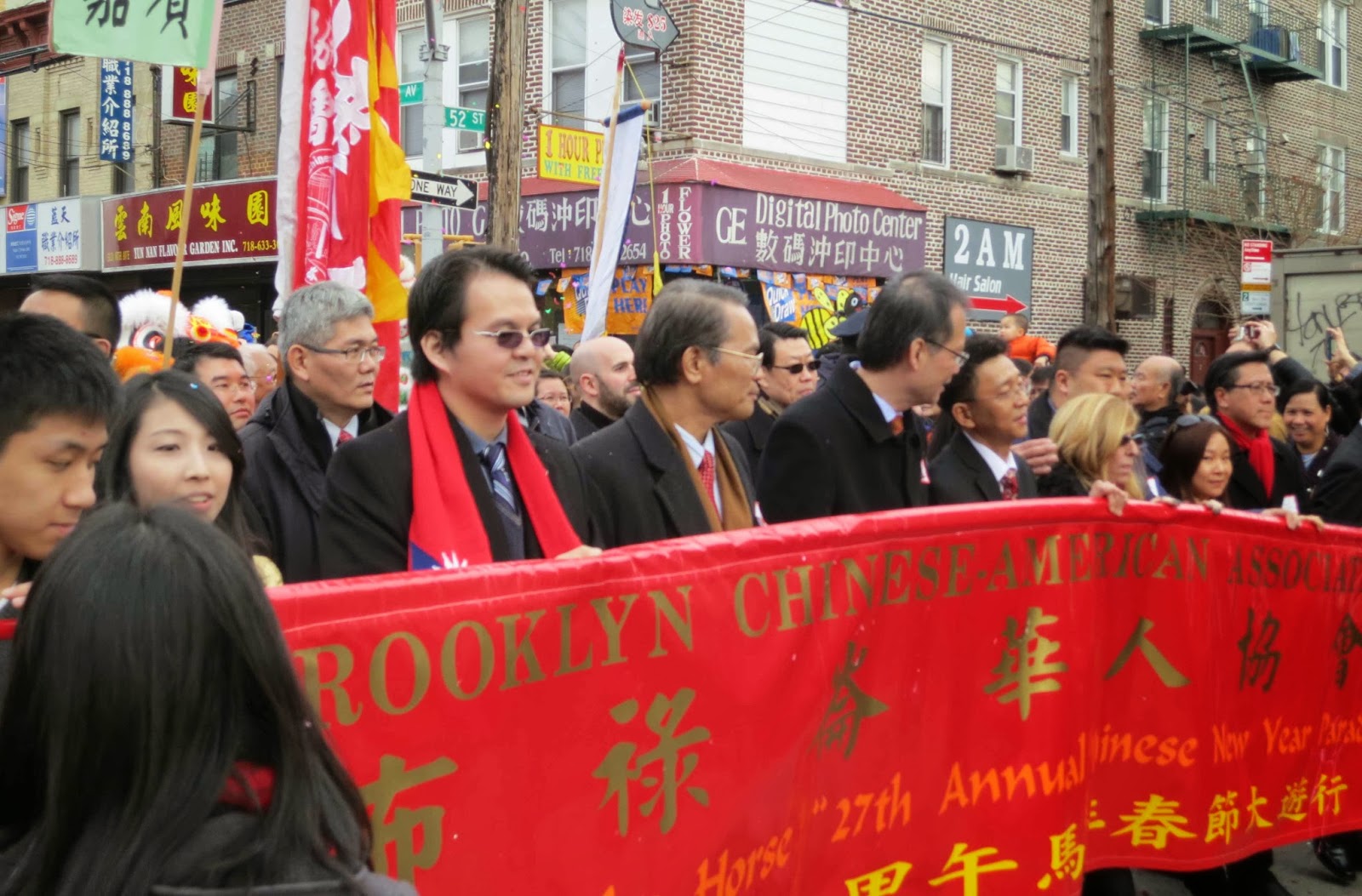
Life in New York for Chinese immigrants
By Joyce Ou
[divider]
[dropcap]F[/dropcap]or me personally, it seems that no matter where my family travels, Chinatown communities are beacons that powerfully attract my parents. In addition to my native Los Angeles Chinatown, we have visited the Chinatowns of Las Vegas, Boston, New York, and Vancouver. Each has their own hallmarks—the same dingy seafood restaurants reserved for “special” family gatherings, the same mom-and-pop herb shops, and the same sense of crowdedness and chaos. But beyond that, I have found myself in other Chinese-dominated neighborhoods in the same places, places that resemble Chinatown but on a quieter scale. These enclaves are distinct and prideful, reflections of their struggles to attain a better standard of living—the American dream, perhaps.
An American resident of five years, Ah Quan follows this spirit working in a typical Chinese restaurant in Brooklyn that might host characteristically loud, boisterous Chinese meals over dimsum or large spreads of Chinese food. Dressed simply in an all-white uniform for his job as a kitchen worker, he has positive views about America and socioeconomic welfare. He has achieved the American dream—or at least, his version of it. In Taishanese, his native Chinese dialect, he says, “The biggest difference between China and America is that in America one person working can feed a family.” His life is not ideal, but he is content enough to stay in America.
Clement Tian, a Chinese teacher at New Utretcht High School diverges from that typical immigrant narrative. An English major when he went to college in China, he had a relatively easier time adjusting to the English language. He converses easily in English with fellow teachers, though he dislikes that despite over ten years of living in America, he still has a Chinese accent that distinguishes him as foreign and leaves him feeling awkward in conversation, even while teaching. He says his students still poke fun of his speech.
The first six or seven years were difficult for him, as he balanced essentially restarting college and adjusting to the culture gap. In addition to graduating with a bachelor’s in finance from Baruch College and a master’s in math from Hunter College, he worked two jobs, forcing him to sleep only five hours a day. Still, he says, “America is an immigration country, so everything [I do] can be acceptable [to American society]. It’s not harsh to me.” Echoing Ah Quan’s comments, he particularly believes that there is greater mobility in America because success is dependent on what you know, not on who you know. In China, one must often rely on humility, kindness, and most importantly, connections and family social status
Moreover, he subscribes to a work ethic that, in my experience, is characteristic of many immigrants. Survival is the main goal here. Reflecting on the generally isolated community of Chinatown and other Chinese ethnic neighborhoods, he says, “Not everyone should adjust [themselves to American society]. It takes a lot of effort. Staying in Chinatown may be the best way to make a living.” Ironically, Tian remarks that while he is economically better off in America, he would be socially better off in China.
He has also seen his students who are children of immigrants struggle. A vocal critic of the educational system, he believes many students fall behind, and are not supported by their parents, who are unfamiliar with America’s approach to education and cannot speak much English.
Perhaps Tian’s experience, sacrificing much to move up, illustrates a resignation to a certain destiny— a destiny of belonging only to a small fragment of society; a destiny of success, but not quite; a destiny of hard work that goes toward fulfilling the American dream, but condemns one to never actually living the American dream. It’s a practical style of living, firmly rooted in the comfort of native culture. Chinese ethnic neighborhoods are the vehicle through which this culture flourishes, shaped by traditions that cannot be rid of. This is how its inhabitants make a place not made for them theirs.
[hr]
Joyce Ou is a freshman in Calhoun College. Contact her at joyce.ou@yale.edu.